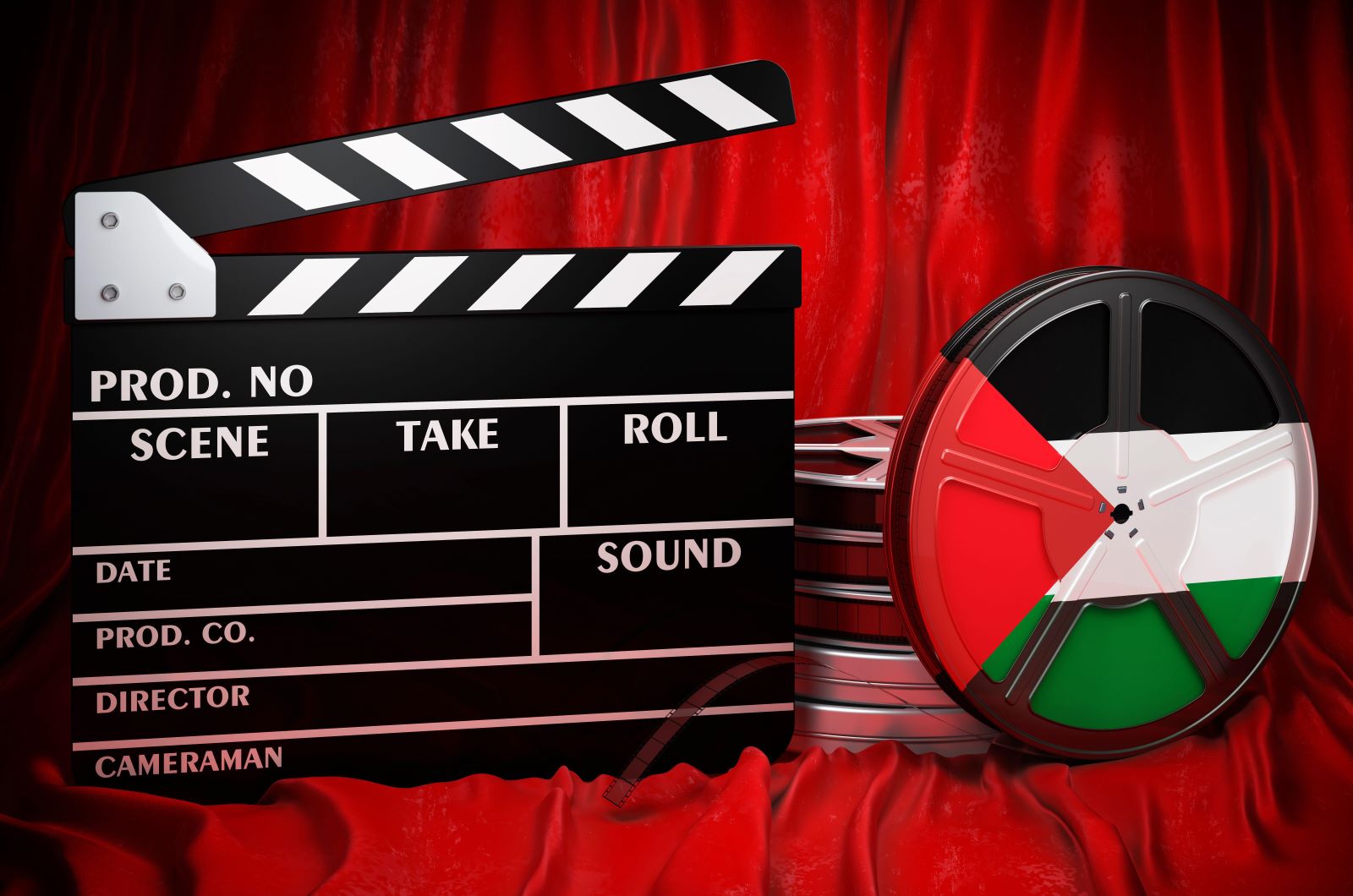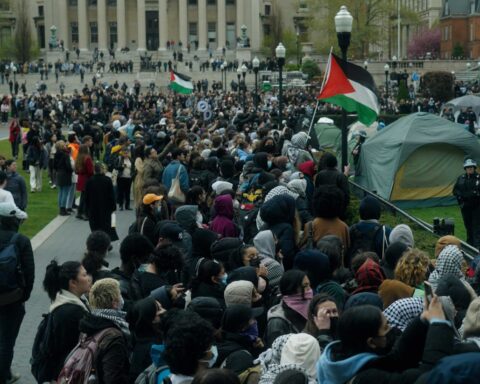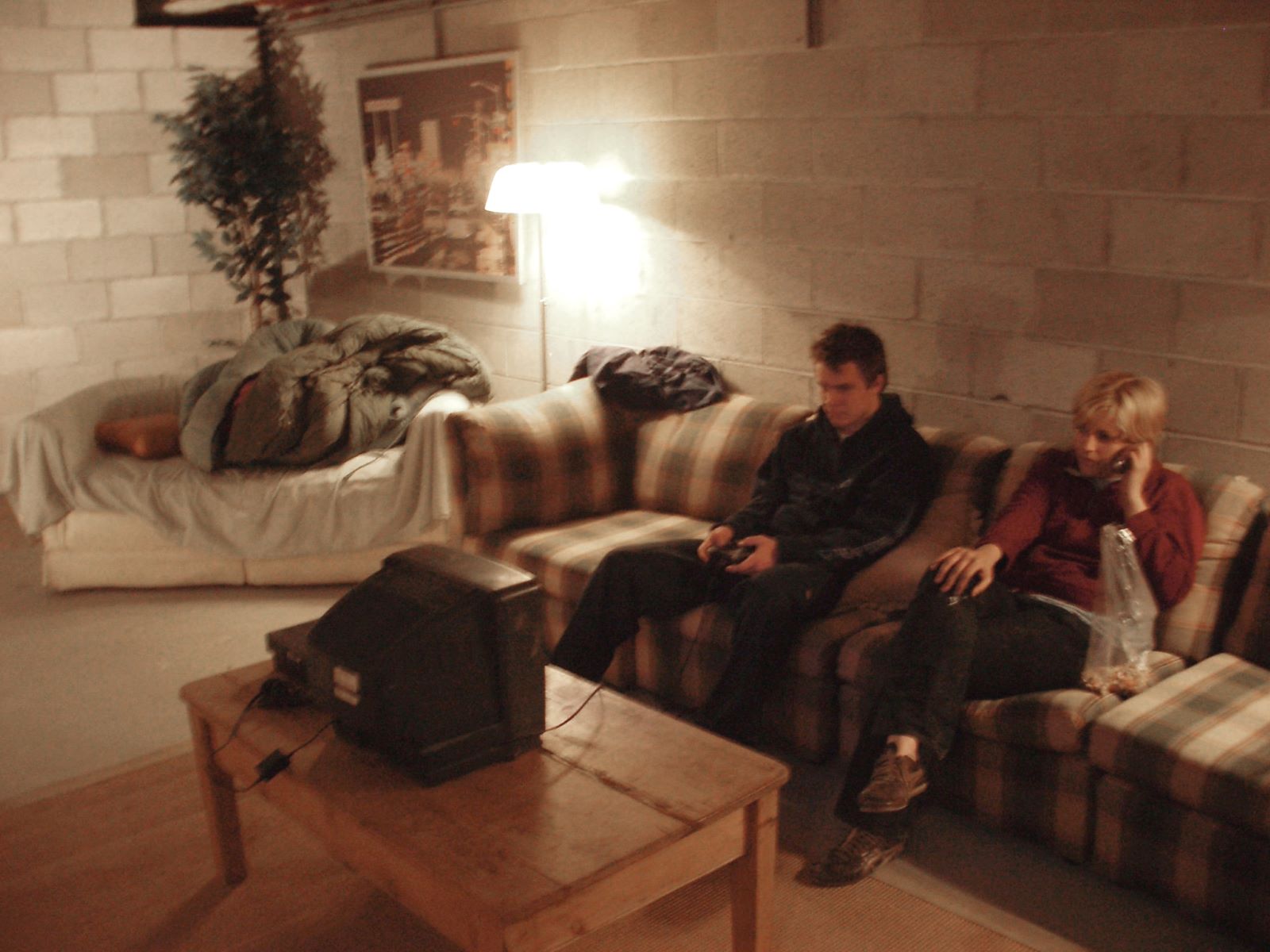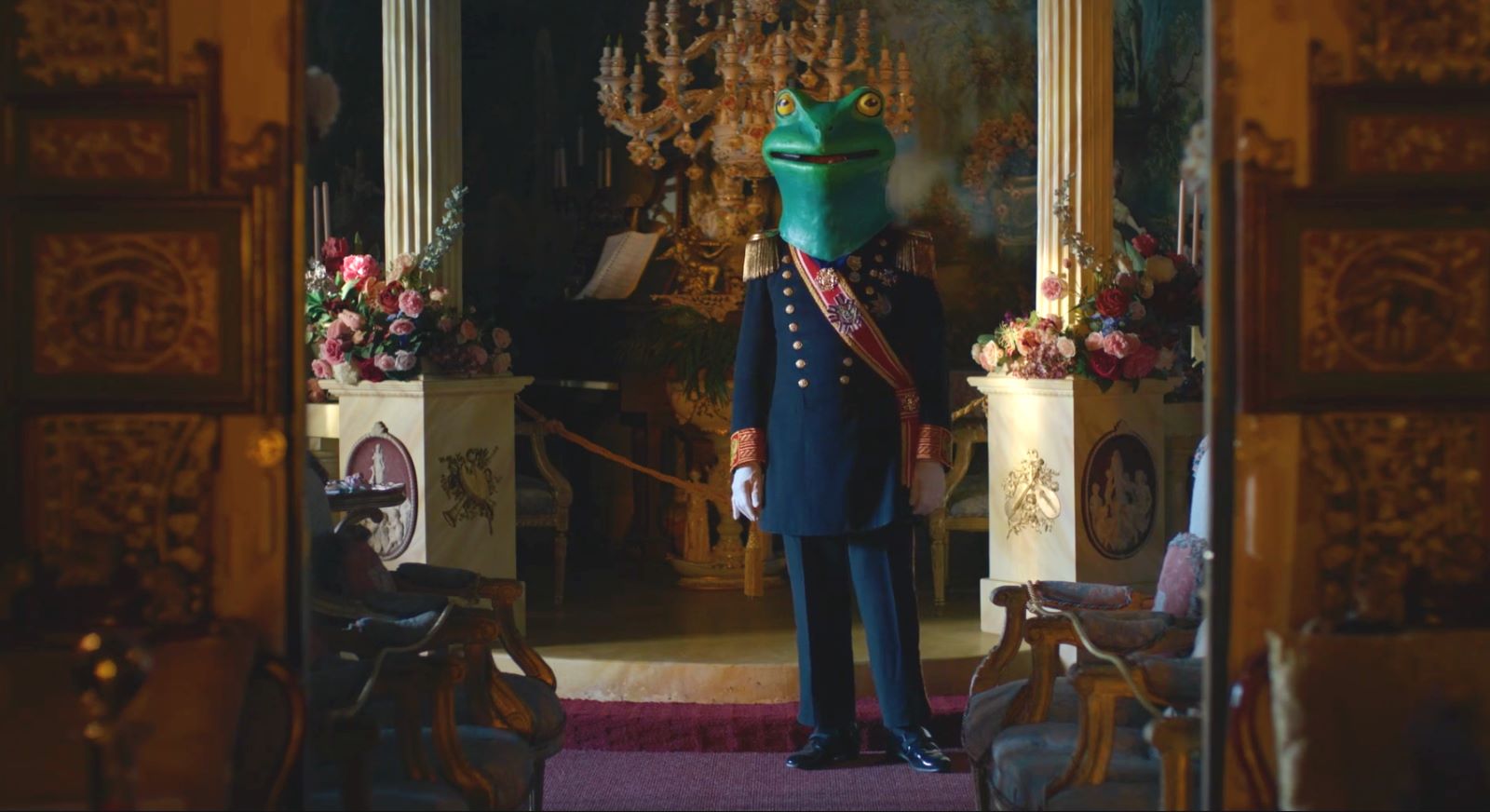Industry attendees at the Hot Docs Forum were sharply divided by the tone and content of a Palestinian documentary pitch, which imagined “war criminals,” and those complicit with them, put on trial.
Rehearsing for Justice, a 90-minute international co-production, which pitched at the Forum in Toronto on Tuesday afternoon (April 30), came from Palestinian director Dalia Al-Kury and was backed by the Norwegian Film Institute’s Neo Talent programme.
The film’s synopsis, per Nordisk Film & TV Fond, reads: “While attempting to fictionalize a liberated, decolonized homeland on film, a Palestinian filmmaker confronts the importance of imagining reparations and justice. This prompts [the] staging [of] a courtroom and a truth commission to rehearse possible trials taking place in the made-up free Palestinian state.”
In a clip presented in support of the film, the filmmakers show documentary footage of Palestinian olive trees being burned to the ground, before using CGI and re-enactments to imagine a giant olive tree falling into the living room of Al-Kury’s grandmother, which is currently occupied by “settlers”, crushing a television set and sending two actors playing said settlers fleeing for their lives.
Overall, the video presented a vision for a nuanced, introspective and at times poetic film, in which the filmmaker wrestles with complex feelings of anger and repression, and conflicted notions of what justice might look like.
“Critical rage is something that really needs to be unfolded and unpacked,” Al-Kury told the pitching forum. “What I mean by critical rage is that it’s unapologetic; it’s the kind of rage that flips power dynamics and that gives catharsis to oppressed voices.
“Even though we are at very early development with our film, we know that we want to work with victims of the current genocide,” she added. “We know the main bulk of our film will be focused on documenting the ethical dilemmas and emotions they face, or they will face, while imagining justice.”
The pitch was met with applause and praise from the table of international commissioning editors and film financiers that judges the Forum’s public pitches.
The reaction from attendees in the room, however, was divided.
POV learned that several high-ranking Canadian executives and international producers were among those shocked by the pitch, criticizing both its content and tone – particularly the latter. Many (although not all) of the offended were Jewish.
One producer, who identified their political beliefs as being strongly pro-Palestinian, said they were nevertheless stunned by the language used in the pitch, which they felt was inappropriate.
Others criticized the “violent rhetoric” and decision to use terms such as ‘genocide’ and ‘revenge,’ accusing aspects of the pitch that are subject to media blackout of inflaming tensions.
Still, the project had plenty of supporters, many of whom argued that – in spite of its unabashed tone – it was vitally important to allow Palestinian filmmakers the opportunity to speak their truth in their own words, especially as the overwhelming majority of Gaza conflict casualties are Palestinian children and civilians.
“If you can’t discuss issues like this at Hot Docs, of all places, then where can you?” said one attendee who, like most POV spoke to, did not want to speak on the record.
POV reached out to Al-Kury for comment on the reaction to her pitch. In a statement, she responded: “My pitch had to be true to the anger that is echoing in all of us right now, as a human race, and I felt the need to perform that in my pitch as a committed filmmaker, though it may have shocked those with a traditional view of what documentary film can do and should be allowed to do.
“My aim is to unpack the very intense anger, grief and rage that we are experiencing as Palestinians, and to try to work with them in artistic ways that would give dignity to our collective dream for accountability and justice, and ultimately pave a path to authentic forgiveness.
“The overwhelmingly positive response from the attendees, including several with Jewish origin, was a confirmation that brave voices are needed at times where silencing and censoring is yet another form of oppressing the Palestinian cause.”
Like many global arts organizations, Hot Docs had already found itself drawn into commenting on the Gaza debate, having issued a statement on the conflict on April 19. That decision also polarized the Canadian film community, with some denouncing it for not mentioning Israel by name, and others criticizing it for being too pro-Palestinian.
The Forum controversy also adds to the waves of drama the festival has experienced in the run up to its 31st edition, which has included a programmer exodus, questions over financial difficulties, exclusion from the federal arts budget, criticism over key sponsor Scotiabank, and a number of board resignations.
According to Nordisk, Rehearsing for Justice has raised around $100,000 USD of its proposed mid-six figure budget. Al-Kury’s documentary debut, the ARTE-backed Possessed by Djinn, world premiered at Hot Docs in 2015, while her sophomore feature, Privacy of Wounds, launched in competition at IDFA in 2018.
***
Publisher’s note: language in this article has been updated to reflect parameters set by the filmmaker and Hot Docs for reporting from the Forum.













